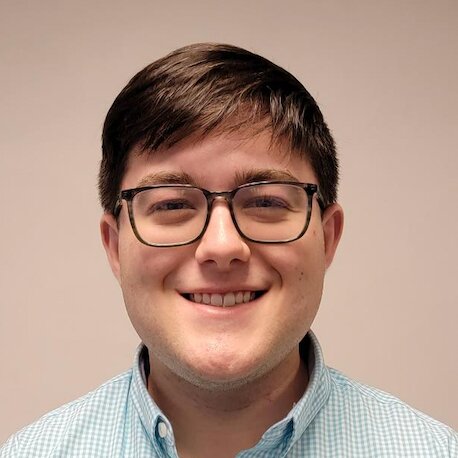Capital School District superintendent reflects on challenges, future
Dr. Vilicia Cade became Capital School District’s superintendent in July 2021, in the midst of the pandemic.
Since then, she said, it’s been an uphill battle for her and her staff.

You must be a member to read this story.
Join our family of readers for as little as $5 per month and support local, unbiased journalism.
Already a member? Log in to continue. Otherwise, follow the link below to join.
Please log in to continueNeed an account?
|
Capital School District superintendent reflects on challenges, future
DOVER — Dr. Vilicia Cade became Capital School District’s superintendent in July 2021, in the midst of the pandemic.
Since then, she said, it’s been an uphill battle for her and her staff.
“I think the national teacher shortage and staffing shortfalls across the district (are two of the largest challenges). Not just with teachers — we have challenges with bus drivers, traditional service people, custodians,” said Dr. Cade. “And this is exacerbated by a noticeable increase in unprecedented (troubling) behaviors that we’re seeing, not just in students but in adults, also. And a significant amount of compassionate fatigue on the part of our staff.”
It’s a cycle, she added: Behavioral issues are pushing teachers away from the profession, and the lack of teachers makes remedying the behaviors more difficult due to inflated class sizes and a collective lack of experience.
Dr. Cade said many baby boomer-age educators have been retiring for that reason, but the candidates who apply to replace them are not able to.
“In an urban community, we’re seeing changing needs on top of these unprecedented behaviors. If I don’t have 10 years of teaching experience to pull from to deal with issues, then that means that that match (between candidate and district) is not a good match,” she explained.
“And, particularly in urban communities, we see people come, they get their experience, they get their certification, then they go to suburban districts because there’s less stress.”
However, Capital has been working hard to support the staff it does have.
“We are on the front end of engaging our staff and getting ideas from them about what they find valuable, to help them around self-care,” she said. “I think ensuring that we are addressing our staff’s well-being in ways that staff find meaningful will help us support them best.”
Dr. Cade went on to say that, though many consider the pandemic over, it continues to be the source of conduct problems in the district’s 13 schools.
“We’re seeing developmental differences in our kindergarten students. ... There are also a lot of times, when children are moving through their formative years and growth and development, we’re seeing the lag in their lack of readiness for social skills.”
She added that this delay can be witnessed in secondary students, as well, on top of the teens’ developmental changes. This creates an even greater behavioral crisis.
During a February meeting with residents hosted by district officials, one concern raised was a perceived lack of traditional punitive measures, like detentions or in-school suspensions.
Dr. Cade responded that these regulations are still in place but are paired with other practices, to correct deterrent behavior rather than only punishing it.
“We implement progressive discipline in our Student Success Guide, which means that students do get suspended, students do go to in-school suspension, students do get consequences for their behaviors, but students may also have to be a part of a restorative circle and talk about how their behavior has harmed their classmates or other students in their school,” she said.
“Students may also have to work with a counselor to talk about why they engaged in the behavior to sort of get to the root causes.”
According to Dr. Cade, many remedies are available, like behavioral health specialists, parent liaisons and third-party organizations, like Group Violence Intervention.
“We’ve partnered with people in the community to develop resources to sort of support some of these nonacademic barriers. ... If a kid is hungry or if a family is in crisis, it detracts from our ability to get kids to learn,” she said.
The good news is the district has seen improvements in climate even after only a year of some of these solutions, Dr. Cade noted. Yet, the work is far from done.
“I want readers to know that the Capital School District is willing to accept that we have to improve the outcomes for our students. I want them to know that we are working really diligently to focus on solutions to improve.
“We need everyone in our community to lend us their gifts (and) their talents where they can. The students are our state’s future, right? And it’s going to take each of us — students, parents, educators, business leaders, community leaders, faith-based leaders, legislators and institutions of higher education — to get this right for our future.”
It’s a mission Dr. Cade believes in.
“We believe in our kids; we believe in their talent. We believe in their ability, and we will not stop until we get it right, until we create schools and classrooms where each of our kids can see themselves and see their talent and manifest it.”
Members and subscribers make this story possible.
You can help support non-partisan, community journalism.
Other items that may interest you



 By
By 



